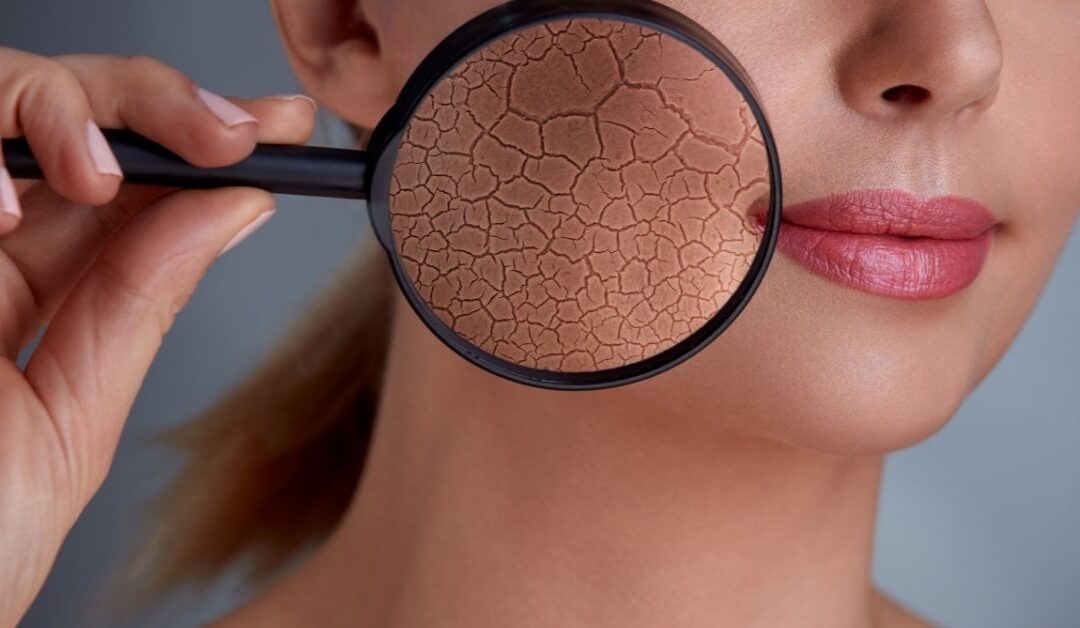Knowing which products to buy can be challenging, but DCSI Dermatology wants to help you figure out your skin care so that you can buy the products for your specific needs and skin type. How do you identify your skin type?
There are four main skin categories to look at:
- Normal:
- Not too dry, not too oily
- No or few imperfections
- No intense sensitivity
- Barely any visible pores
- Dry:
- A feeling of tightness (especially after showering or swimming)
- Can feel and/or look rough
- May experience flaking or peeling
- Oily:
- Skin will look shiny
- May need blotting sheets throughout the day
- Breakouts are more likely to occur
- Skin can feel greasy within a few hours of cleansing
- Sensitive:
- Skin is reactive to products
- Could experience redness or rashes
- Prone to breakouts
- Sunburn easily
The main area to focus on when trying to determine your skin type is your T-zone. The T-Zone is the area of your face from your forehead down the center of your face to your chin. This is where you can see if you are overly oily, slightly oily, or dry. For sensitive skin, the biggest factor will be how your skin reacts to products and the sun. Your skin can also be combination skin, which is a mix of two or more of the skin types above.
These are just a few signs of the different skin types to help you narrow down which one you have. If you still feel like you can’t figure it out, visit one of our Florida locations so our team can lend a hand.
Treating Your Skin Type
There are general skin care tips for all types: use a sunblock with a sun protection factor (SPF) of at least 15, don’t smoke, stay hydrated, moisturize, and thoroughly cleanse. When it comes to specific needs for each skin type, however, there are many differences.
Normal
If you have normal skin, then your care will be mostly maintenance. Ways to maintain your normal skin is to just take general care of it. Limit your shower time, don't use water that is too hot, and avoid heavily scented soaps. These can strip the natural oils in your skin, drying it out. It also helps to pat your face dry and moisturize daily.
Dry
Limit your shower time and the use of hot water on your skin. Hot water strips oils, and stripping the little oil that dry skin has will dry it out even more. It is important to use gentle cleansers and do not scrub too hard. The key factor is to use a rich moisturizer right after cleansing.
Oily
It's important to wash regularly, pat your face dry, use toners, and remove excess oil throughout the day with blotting papers. Using Facial masks also helps, plus moisturize daily.
Sensitive
Once again, short showers and limited use of hot water are great for this skin type. Gentle cleansers and other products should be used, so check your ingredients to learn what ingredients could cause your skin to react and break out.
Contact Us
If you still need help with figuring out your skin type or the proper treatment for it, contact us today to schedule your appointment.


